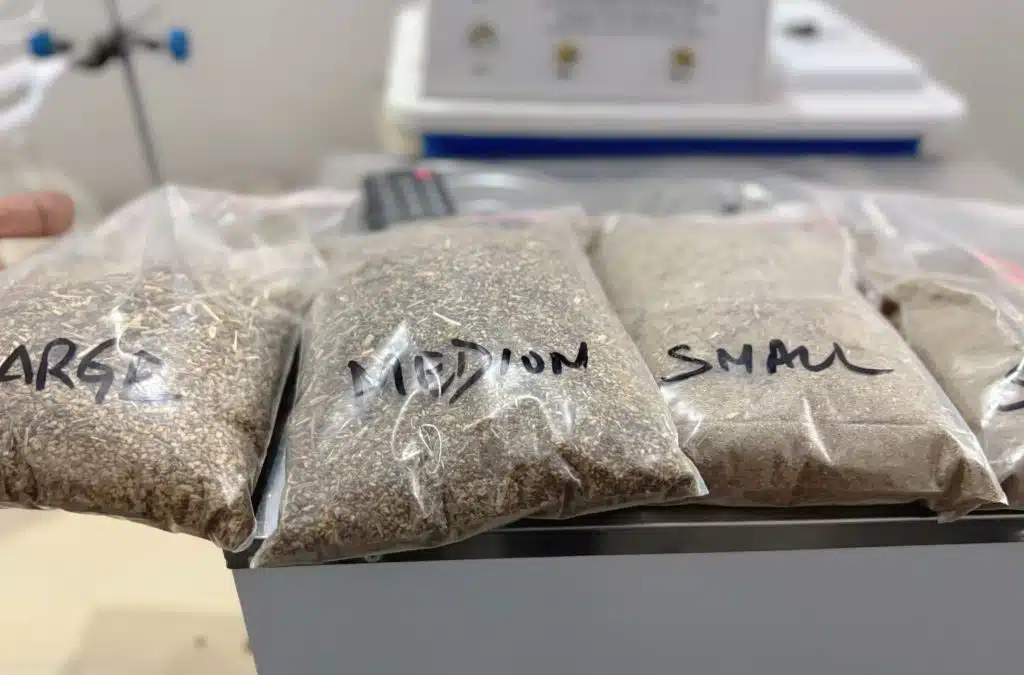A high-level delegation from the Silk Road Biohealth Agriculture Industry Alliance of Northwest A&F University (NWAFU) recently visited the Biohealth Sesame Order Demonstration Farm in Sahiwal, Punjab, under the China-Pakistan Biohealth Agriculture (BHA) Overseas Technology Demonstration Park.
The farm is a joint initiative of China Machinery Engineering Corporation (CMEC), NWAFU, and Pakistan’s Ayub Agricultural Research Institute, aimed at introducing Chinese sesame varieties and advanced production technologies to local fields. According to Professor Zhang Lixin, Project Leader at NWAFU, experiments have identified sesame varieties best suited for Pakistan’s climate, alongside optimal production parameters. Technical standards for bio-healthy sesame production have also been developed and published.
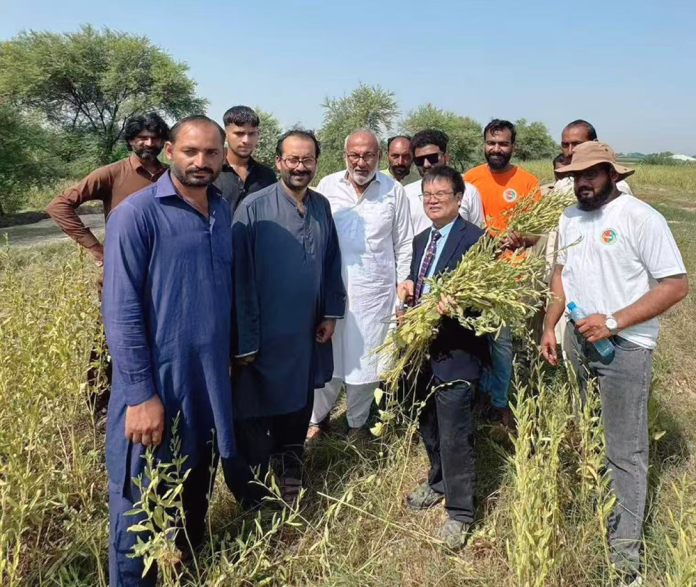
Through training and capacity building, Pakistani researchers like Dr. Ammar, currently pursuing studies at NWAFU, have become key technical experts for the project. The initiative also strengthens the bilateral sesame supply chain: harvested sesame undergoes primary processing at CMEC’s facilities, quality testing in a jointly established laboratory, and then export to China for applications across food, pharmaceutical, and industrial sectors.
So far, 12 standardized sesame farms have been established on around 500 acres, with contracts signed with over 120 local farmers under a contract farming model. In 2023, nearly 3,500 tons of sesame were exported to China. By 2025, the project targets 5,000 tons, creating 500 long-term jobs and driving growth for both farmers and surrounding communities.
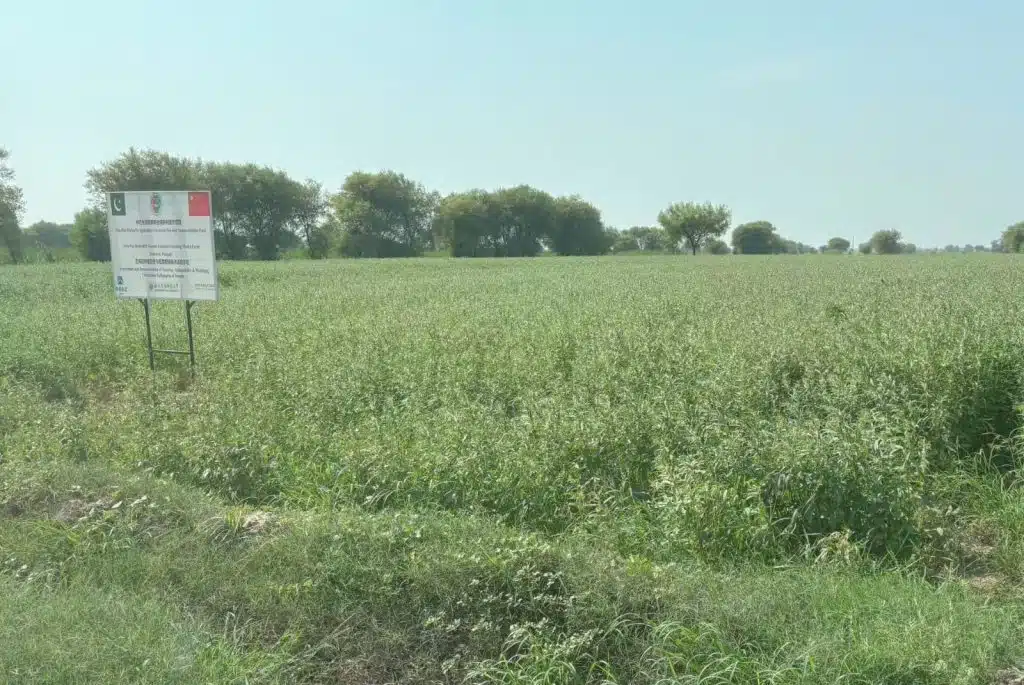
Looking ahead, the farm aims to expand to 50,000 acres, with an expected yield of 23,000 tons, representing over 5% of Pakistan’s sesame planting area. Pakistan currently cultivates sesame on about 1 million acres, producing between 350,000 and 450,000 tons annually, though yields fluctuate due to weather. Last year, heavy rains reduced production to 310,000 tons, but experts believe with advanced technologies, output could exceed 500,000 tons in high-yield years.
Currently, Pakistan primarily grows TS and TH series sesame varieties (TS3, TS5, TH6). Of the 10 experimental varieties introduced at the demonstration farm, four exceeded 130 kg per mu (0.165 acres), with one reaching 230 kg per mu. However, large-scale demonstration trials are still required for actual production validation.
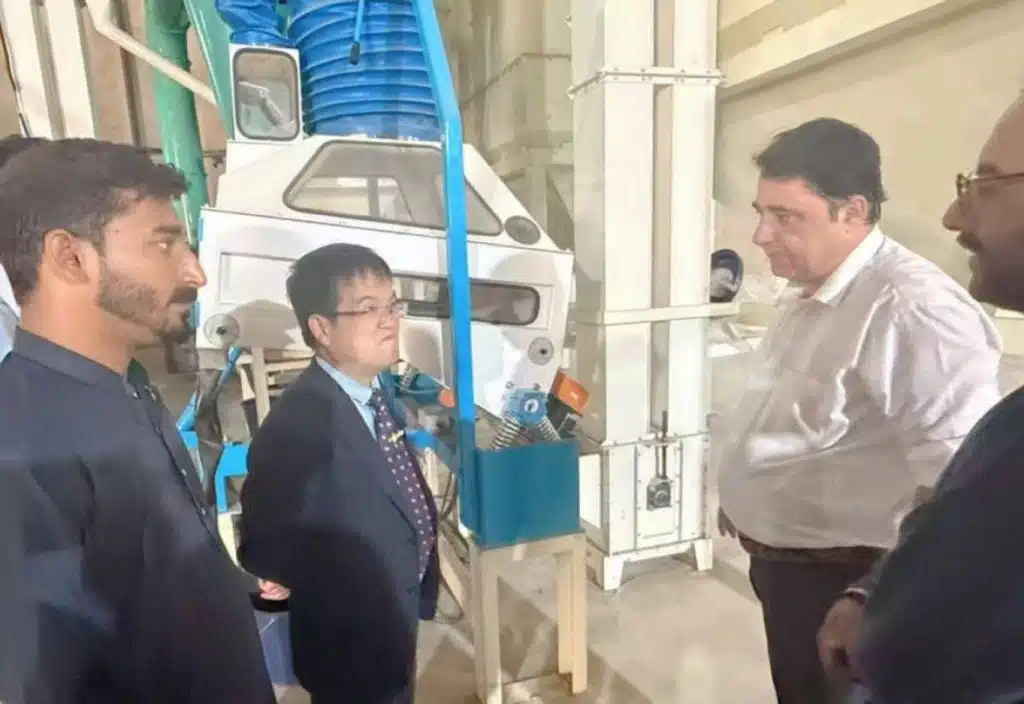
Given that rainfall, sunlight, and fertilization heavily influence sesame yields, Zhang emphasized the importance of breeding climate-adapted varieties and adopting technical measures based on weather forecasts.
The three partners plan to expand their work through online seminars, field visits, and talent training, focusing on developing flood-resistant varieties, high-efficiency fertilizers, bio-pesticides, immune preparations, drone spraying, mechanized harvesting, and smart farm management models.
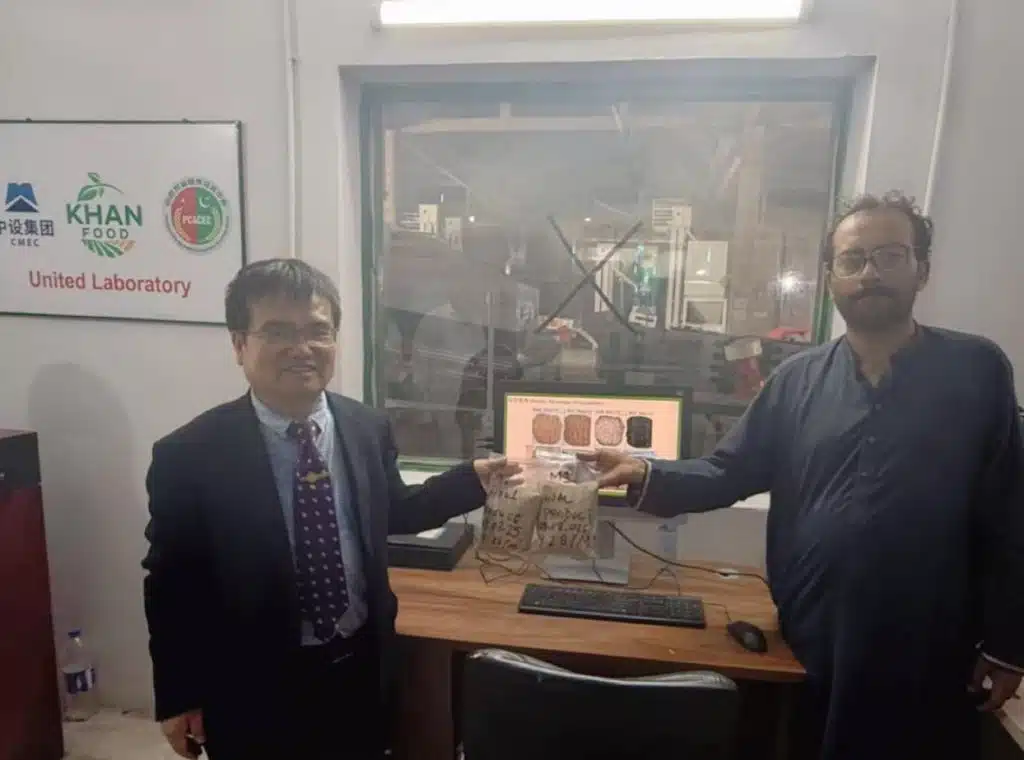
Professor Zhang concluded:
“The biohealth industry chain model that links enterprises, universities, and farms will play a key role in ensuring the long-term success of biohealth agriculture in Pakistan.”
